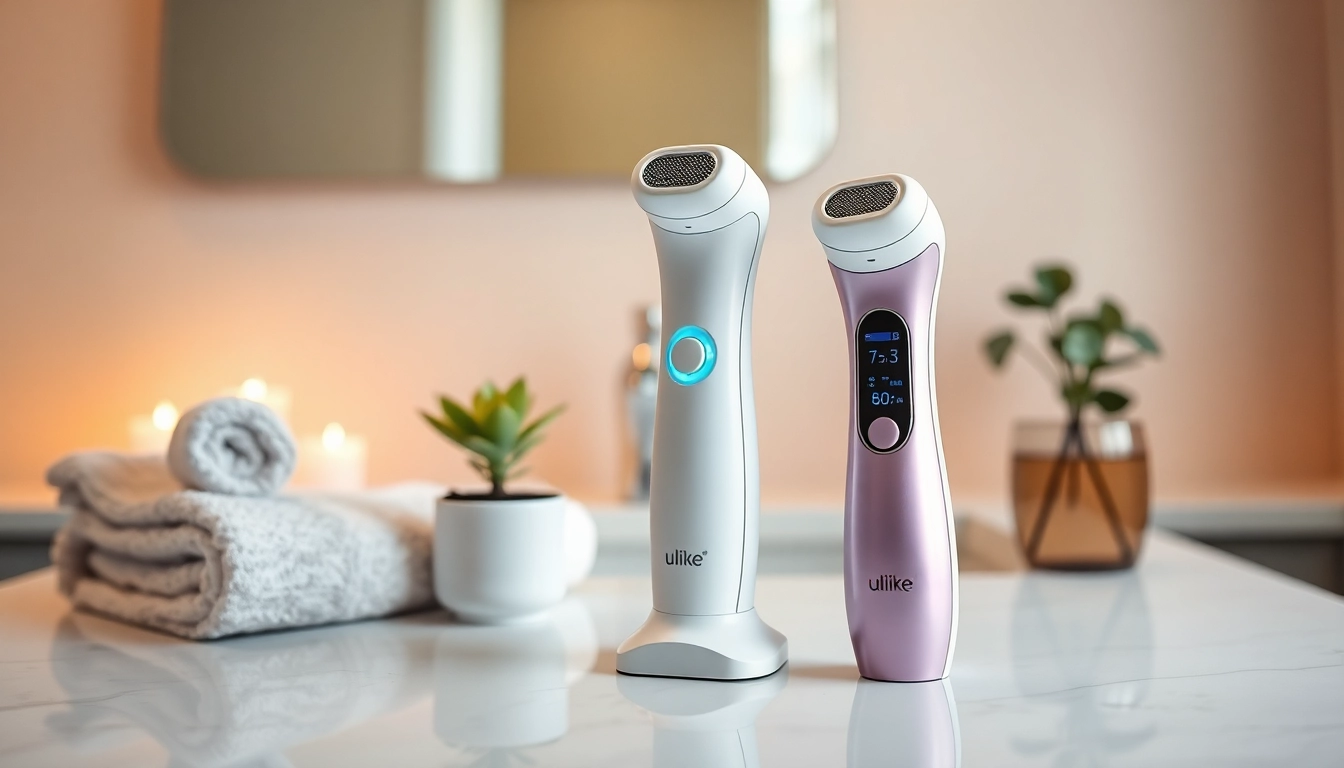Overview of the Alabama Board of Nursing
The Alabama Board of Nursing plays a crucial role in ensuring that the nursing profession in Alabama is regulated effectively and safely. Founded to oversee nursing practice standards, this board is responsible for safeguarding public health and ensuring that nurses meet specific qualifications and standards before they can practice in the state. By understanding the historical context, key responsibilities, licensing procedures, and challenges faced by the Alabama Board of Nursing, stakeholders can better appreciate its significance in the healthcare landscape of Alabama.
What is the Alabama Board of Nursing?
The Alabama Board of Nursing is a regulatory body established to oversee the practice of nursing within the state of Alabama. Its primary mission is to ensure that nurses in Alabama are competent and qualified to provide safe care to the public. The board achieves this by setting licensing standards, enforcing nursing laws and regulations, and developing policies that promote the welfare of both the public and the nursing profession.
History and Formation of the Alabama Board of Nursing
The Alabama Board of Nursing was formed in the early 20th century, as nursing began to evolve into a regulated profession. The need for a governing body arose from growing concerns about patient safety and the competency of nursing practitioners. Over the decades, the board has adapted to changes in the healthcare environment, including advancing nursing practices and emerging healthcare technology. The establishment of the board was a significant step towards standardizing nursing education and practice across the state, promoting a higher level of care for residents of Alabama.
Key Responsibilities of the Alabama Board of Nursing
The responsibilities of the Alabama Board of Nursing are multi-faceted, encompassing several critical areas:
- Licensing and Certification: The board evaluates applicants’ qualifications to issue nursing licenses and certifications, ensuring all nurses meet educational and competency standards.
- Regulatory Oversight: It establishes and maintains legal and ethical frameworks governing nursing practice in Alabama.
- Enforcement of Standards: The board investigates complaints against nurses and has the authority to discipline those who violate regulations.
- Continuing Education: The board requires nurses to engage in ongoing education to ensure they remain knowledgeable about current practices and innovations within the nursing field.
Licensing and Certification Processes
Obtaining a nursing license is a crucial milestone in a nurse’s professional journey. The Alabama Board of Nursing sets forth clear guidelines and criteria for prospective nurses to follow, ensuring that the next generation of caregivers is adequately prepared for their responsibilities.
How to Obtain a Nursing License from the Alabama Board of Nursing
The process of obtaining a nursing license in Alabama involves several steps:
- Education: Candidates must complete an accredited nursing program, whether it be an associate’s degree in nursing (ADN) or a bachelor’s degree in nursing (BSN).
- Application: After graduation, candidates must submit an application for licensure to the Alabama Board of Nursing, including documentation of educational credentials and a criminal background check.
- Examination: Candidates must pass the NCLEX-RN (National Council Licensure Examination for Registered Nurses) or NCLEX-PN (for Practical Nurses) to demonstrate their competency.
- Fees: Payment of the required application and examination fees must accompany the application submission.
Upon successful completion of these requirements, candidates can receive their nursing license and begin their practice.
Continuing Education Requirements from the Alabama Board of Nursing
Continuing education is vital for nurses to maintain their licenses and ensure their knowledge stays current. The Alabama Board of Nursing mandates that all licensed nurses complete a specified number of continuing education hours during each licensing renewal period. This requirement ensures that nurses are updated on the latest practices, policies, and medical advancements.
Common options for fulfilling continuing education requirements include:
- Workshops and seminars
- Online courses and webinars
- Conferences and nursing associations’ events
Failure to comply with continuing education standards may result in the suspension or revocation of a nursing license.
Application Process for Advanced Practice Nursing Licenses
Nurses seeking to advance their careers in Alabama may pursue advanced practice nursing licenses, such as nurse practitioners (NPs), clinical nurse specialists (CNSs), nurse anesthetists (CRNAs), or nurse midwives (CNMs). The application process for these advanced licenses requires additional education and training beyond the initial nursing degree.
The steps generally include:
- Completion of an advanced practice education program: This must be recognized by the Alabama Board of Nursing.
- Certification: Candidates must obtain certification from a nationally recognized certifying body related to their area of specialty.
- Application submission: An application for an advanced practice license must be submitted to the Alabama Board of Nursing along with the required fees and documentation.
With an advanced practice nursing license, nurses can expand their roles and responsibilities, providing a higher level of care to patients.
Regulatory Framework of the Alabama Board of Nursing
The regulatory framework established by the Alabama Board of Nursing is integral to maintaining high standards within the nursing profession. This framework influences how nursing practice evolves in Alabama and helps ensure quality patient care statewide.
Understanding Nursing Regulations in Alabama
Nursing regulations in Alabama are outlined in the Alabama Nurse Practice Act, which defines the scope of practice for nurses and stipulates the rules and regulations governing nursing in the state. The Act is periodically revised to address changes in the healthcare field and respond to emerging issues within the nursing profession.
Key components of these regulations include:
- The definition of nursing practice and the various roles within the profession.
- The educational and training requirements for different nursing licenses.
- The ethical and legal obligations of nurses toward their patients and the public.
By adhering to these regulations, nurses ensure that they practice in a manner that prioritizes patient safety and public health.
Enforcement of Nursing Standards by the Alabama Board of Nursing
The Alabama Board of Nursing is empowered to enforce nursing standards in various ways, including:
- Investigating complaints against nurses through a formal process.
- Conducting disciplinary hearings to address violations of nursing standards.
- Imposing sanctions on nurses found in violation of regulations, including suspension or revocation of their licenses.
This enforcement mechanism ensures accountability within the nursing profession, ultimately protecting the public and maintaining trust in healthcare services.
Impact of Regulatory Changes on Nurses
As healthcare evolves, so too must the regulations that govern nursing practice. Changes in laws and regulations can profoundly affect how nurses carry out their duties, requiring them to adapt swiftly. Recent regulatory changes may include new requirements for continuing education, revisions to the scope of practice, and adaptations to telehealth practices.
These changes can also present challenges, such as the need for additional training or adjustments to established protocols. However, they can also lead to improved patient care and expanded opportunities for nursing practice. Understanding and responding to these changes is essential for nurses to navigate their professional landscape effectively.
Challenges Facing the Alabama Board of Nursing
While the Alabama Board of Nursing seeks to maintain high standards in nursing practice, it faces several challenges that must be addressed to ensure the continued efficacy of nursing regulations.
Common Issues in Nursing Regulation
Some common issues that the board encounters include:
- Addressing workforce shortages in nursing, which can impact patient care quality.
- Managing the complexities of diverse healthcare settings and practices.
- Ensuring compliance with evolving healthcare technologies and telemedicine practices.
As the healthcare landscape continues to evolve, the Alabama Board of Nursing must proactively identify and address these challenges to maintain its regulatory effectiveness.
The Role of Technology in Regulation
Technological advancements pose both opportunities and challenges for the Alabama Board of Nursing. On one hand, technology can enhance the efficiency and effectiveness of nursing practice, such as electronic health records and telehealth services. On the other hand, it introduces new regulatory challenges, including data security, patient privacy, and adapting existing regulations to include new technology.
To keep pace with technological developments, the board must work collaboratively with healthcare providers, educational institutions, and technology experts to create regulatory frameworks that support innovation while safeguarding patient care.
Addressing Public Health Concerns
Public health issues, such as infectious disease outbreaks and health disparities, directly impact the regulatory environment for the Alabama Board of Nursing. The board plays a vital role in mobilizing nursing resources to respond to public health crises, which requires flexibility in regulations and a commitment to rapid response efforts.
In addressing these public health concerns, the board collaborates with other health agencies, educational institutions, and community organizations to ensure that nursing practice aligns with current health needs and priorities.
Future Directions for the Alabama Board of Nursing
Looking ahead, the Alabama Board of Nursing is positioned to drive positive change within the nursing profession. As it faces challenges, the board is also presented with opportunities for innovation and evolution.
Innovations in Nursing Practices and Regulations
One significant focus for the board will be the integration of innovative practices into nursing regulations. This could include increased acceptance of telehealth practices, utilization of data analytics to improve patient care outcomes, and the expansion of roles for advanced practice nurses. The board will be tasked with developing new regulatory frameworks that accommodate these innovations while ensuring patient safety.
Community Engagement Initiatives by the Alabama Board of Nursing
To enhance public trust and nursing standards, the Alabama Board of Nursing is likely to increase community engagement initiatives. These initiatives may involve outreach and education efforts focused on promoting the value of nursing, addressing public health concerns, and soliciting feedback on regulatory matters from both the public and nursing professionals.
Involving the community in discussions about nursing practice can lead to better regulation outcomes and improved healthcare delivery.
Preparing for the Future of Nursing in Alabama
The future of nursing in Alabama will be shaped by ongoing changes in healthcare delivery, technological advancements, and regulatory evolution. The Alabama Board of Nursing must prepare by fostering a culture of adaptability within the nursing profession, encouraging lifelong learning, and promoting responsiveness to the ever-changing healthcare landscape.
By equipping nurses with the necessary tools, resources, and knowledge, the board can help ensure that they provide the highest quality of care possible, ultimately benefiting patients and the public health in Alabama.













Leave a Reply